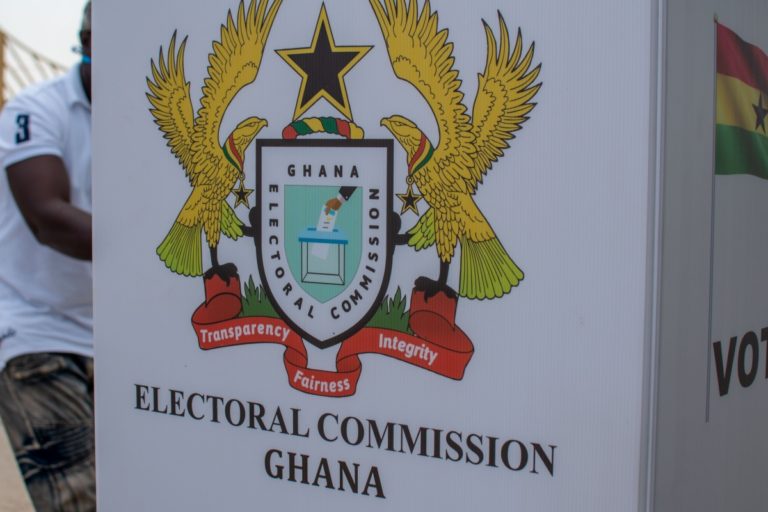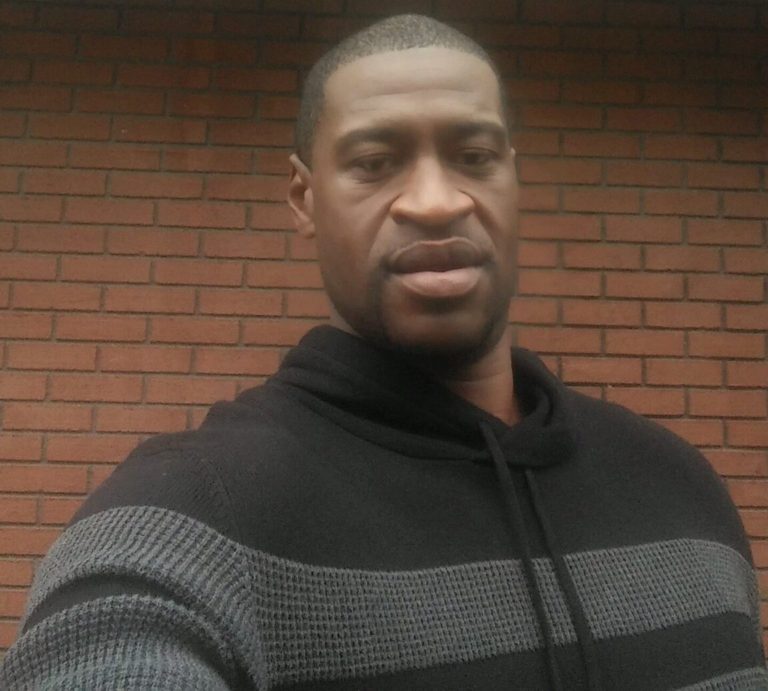Haiti is reeling from a new crisis after President Jovenel Moïse was assassinated in his home last Wednesday morning by mercenaries. The gruesome act which has been condemned by the United Nations (UN), opens up new ways to understand the instability, poverty, and diminishing power of the country’s central government in contemporary times and for many years to come.
Upon hearing news of his President’s assassination, Haitian Ambassador to the US Bocchit Edmond said: “It seems this horrible act was carried out by well-trained professional killers.”
The police said it has killed and captured Colombian mercenaries. Colombia’s Defense Ministry also confirmed that among those captured are its citizens who retired from its army but “will cooperate to verify with Haiti officials.”
Haiti was already going through a crisis and Moïse’s assassination has taken it to another level. Moïse’s presidency was contested from the start. His government, in May 2019, postponed parliamentary elections and he started ruling Haiti by issuing decrees.
“I don’t see how there is anyone, after God, who has more power in the country than me,” Moïse said in 2019.
The political vacuum his death has created in Haiti is extremely dangerous. In Haiti, when things like this happen, citizen violence comes quickly. Citizens have burnt vehicles and exhibited an eagerness to mete justice on the captured mercenaries
“I Prefer To Observe The Tragedy”
The Senate – the upper house of the Haitian parliament – has nominated Joseph Lambert as the interim president bestowed with a huge task to take Haiti to legislative and presidential elections scheduled in September.
Haiti has not recovered from the devastating 2010 earthquake, the effects of the 2016 hurricane Matthews and it is the only country in the Americas said to have not initiated vaccination against the COVID-19 pandemic amid a surge in cases. Inflation, food, and fuel shortages are tasks Lambert is expected to tackle to avoid more chaos from the fragile constituency he is leading.
The situation is a desperate and hard episode for the nation to stay afloat and the president’s assassination raises a possibility of more lawlessness.
Interim Prime Minister Claude Joseph asked the US to deploy troops and protect key infrastructure as it tries to stabilize the country. “We believe our partners can assist the national police in resolving the situation,” the Prime Minister has been quoted as saying. The Biden administration said it is sending a team of Federal Bureau of Investigation (FBI) officers to help with investigations.
People have also gathered at the US Embassy in the capital Port-au-Prince pleading for a way out.
Haiti has a history of political instability and Moïse’s time was no different. As the crisis unfolds, a resident in the capital told Ubuntu Times: “I cannot give you any information (about developments going on) I prefer to observe the tragedy.”

Since February when lawyers, citizens, and politicians contested Moïse’s “unconstitutional” stay in power after the end of his term, armed gangs started fighting for control of the capital’s streets. Gang violence in June led over 8,000 people to flee their homes.
At one point President Moïse offered a glimmer of hope.
“In no country on earth is it possible to talk about development unless there is political stability unless there is social peace,” he said.
The Past Has The Answers
Answers as to the crises in Haiti are in the past.
The tiny French and Creole-speaking country is the poorest in the western hemisphere yet it possesses a rich history. A rebellion by self-liberated slaves between 1791 to 1804 against French rule in Saint-Domingue (now Haiti) made the country the first black republic in the world.
The victorious former slaves expelled the French and other slave owners who made a fortune through the inhumane practice. As punishment, Haiti was occupied, sabotaged, and embargoed into poverty and instability by the United States of America (USA).
On the other hand, France forced it to pay 100 years of reparations for “daring to kill their former colonizers” as the French, American, and British governments could not allow a self-created black nation to thrive.
The assassination of Moïse scarcely impacts or shapes the global developments in the minds of those nations that have colluded to put Haiti in this situation. The White House through its press secretary Jen Psaki has insisted that there should be “elections in Haiti this year in order to have a smooth transfer of power.”
The chaos that was created by countries that undermined Haiti’s revolutionary victory in 1804 is the one that continues to haunt citizens even there are claims of “independence.”
The reasons behind the president’s assassination must be looked into carefully because a misstep at the start makes everything all too wrong. Moïse’s death is not an isolated event that has happened over 200 years after the American and western undermining of true Haitian independence.
It is not a coincidence that events in Haiti are turning out this way, they are an occurrence that is designed for long to be such. The Haiti situation remains regrettable and answers becoming more elusive if citizens turn a blind eye and fail to learn on what made their fore-bearers emerge victorious against past slave masters.























